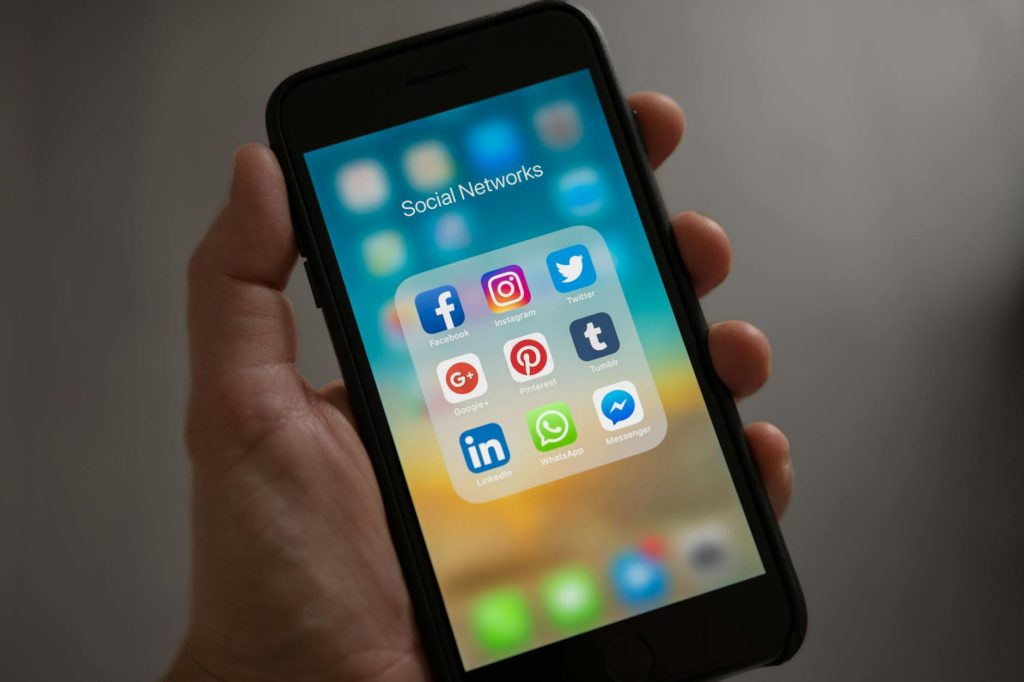In our hyper-connected world, social media has become an integral part of daily life. We scroll through feeds filled with curated images, bite-sized videos, and seemingly endless streams of information. While social platforms offer connection and entertainment, they also wield a powerful influence over our perceptions, behaviors, and, crucially, our well-being and weight loss journeys.
The carefully crafted content we consume can have a profound, often detrimental, impact on our mental and physical health. It’s crucial to understand how these platforms can subtly sabotage our weight loss efforts and overall well-being, and to learn how to curate a healthier online environment.

The Illusion of Perfection and the Weight Loss Trap
One of the most significant dangers of social media lies in the illusion of perfection it perpetuates. Filtered images, meticulously edited videos, and strategically chosen captions create a distorted reality. We are bombarded with images of seemingly flawless bodies, effortless workouts, and perfectly plated meals. This constant exposure can lead to:
- Unrealistic Expectations: We begin to compare our bodies and lifestyles to these highly curated representations, setting ourselves up for disappointment and feelings of inadequacy. The “perfect” bodies we see are often the result of filters, editing, and even surgical enhancements, not achievable or sustainable realities.
- Body Image Dissatisfaction: Continuous comparison breeds dissatisfaction with our own bodies. We may become overly critical of our appearance, leading to disordered eating patterns, excessive exercise, and even body dysmorphia.
- The Diet Culture Echo Chamber: Social media is a breeding ground for diet culture, promoting restrictive eating plans, fad diets, and quick-fix solutions. These approaches often lack scientific backing and can lead to nutrient deficiencies, metabolic disruption, and a cycle of yo-yo dieting.
- Motivation Demise: The constant barrage of “perfect” bodies and unattainable lifestyles can lead to demotivation. When we feel like we can never measure up, we are more likely to abandon our weight loss goals and engage in self-sabotaging behaviors.

The Psychological Toll of Social Media
Beyond the direct impact on body image and weight loss, social media can take a significant toll on our mental well-being:
- Increased Anxiety and Depression: Studies have linked excessive social media use to increased levels of anxiety and depression. The constant pressure to maintain a perfect online persona, the fear of missing out (FOMO), and the exposure to negativity can contribute to these mental health challenges.
- Social Comparison and Envy: Social media fuels social comparison, leading to feelings of envy and inadequacy. We compare our lives to the curated highlights of others, forgetting that social media rarely reflects the full picture.
- Decreased Self-Esteem: The constant validation-seeking behavior often associated with social media can erode self-esteem. We become dependent on likes, comments, and followers for a sense of worth, leading to feelings of insecurity and vulnerability.
- Sleep Disruption: Scrolling through social media before bed can disrupt sleep patterns due to the blue light emitted from screens and the stimulating nature of the content. Poor sleep can further exacerbate weight loss challenges and negatively impact mental health.
- Information Overload and Misinformation: Social media is a breeding ground for misinformation, particularly regarding health and nutrition. Unverified claims, fad diets, and potentially harmful advice can easily spread, leading to confusion and potentially dangerous practices.

Curating a Healthier Online Environment
The key to mitigating the negative effects of social media lies in curating a healthier online environment. This involves:
- Mindful Following: Unfollow accounts that promote unrealistic body standards, restrictive diets, or negative self-talk. Prioritize accounts that promote body positivity, healthy eating, and sustainable lifestyle changes.
- Diversify Your Feed: Follow accounts that represent diverse body types, perspectives, and experiences. This can help challenge the narrow beauty standards often perpetuated on social media.
- Seek Credible Sources: When seeking health and nutrition information, prioritize accounts from registered dietitians, certified personal trainers, and other qualified professionals.
- Limit Screen Time: Set boundaries for social media use. Designate specific times for checking your feeds and avoid scrolling before bed.

- Engage in Real-Life Interactions: Prioritize real-life connections and activities over online interactions. Spend time with loved ones, engage in hobbies, and connect with your community.
- Practice Self-Compassion: Remind yourself that social media is a curated highlight reel, not a reflection of reality. Practice self-compassion and focus on your own journey, rather than comparing yourself to others.
- Critically Evaluate Information: Be skeptical of claims that seem too good to be true. Research information from multiple sources and consult with healthcare professionals before making significant lifestyle changes.
- Use Social Media for Positive Reinforcement: Follow accounts that offer motivational content, healthy recipes, and workout inspiration. Use social media as a tool for positive reinforcement and support, rather than a source of negativity and comparison.
- Mindful Consumption: When you are scrolling, be aware of how the content makes you feel. If you feel negative emotions, then stop scrolling.
- Take Breaks: Take regular breaks from social media. Disconnect from your devices and engage in activities that promote relaxation and well-being.

The Power of Real-World Support
While social media can offer a sense of community, it’s essential to cultivate real-world support systems. Connect with friends, family, or support groups who can provide encouragement and accountability on your weight loss journey. Consider working with a registered dietitian or certified personal trainer who can provide personalized guidance and support.

Conclusion
Social media can be a powerful tool, but it’s crucial to be mindful of its potential impact on our well-being and weight loss efforts. By curating a healthier online environment, limiting screen time, and prioritizing real-world connections, we can harness the positive aspects of social media while mitigating its negative effects. Remember, your worth is not determined by your online presence or the number of likes you receive. Focus on your own journey, prioritize your mental and physical health, and cultivate a life that aligns with your values and goals.


